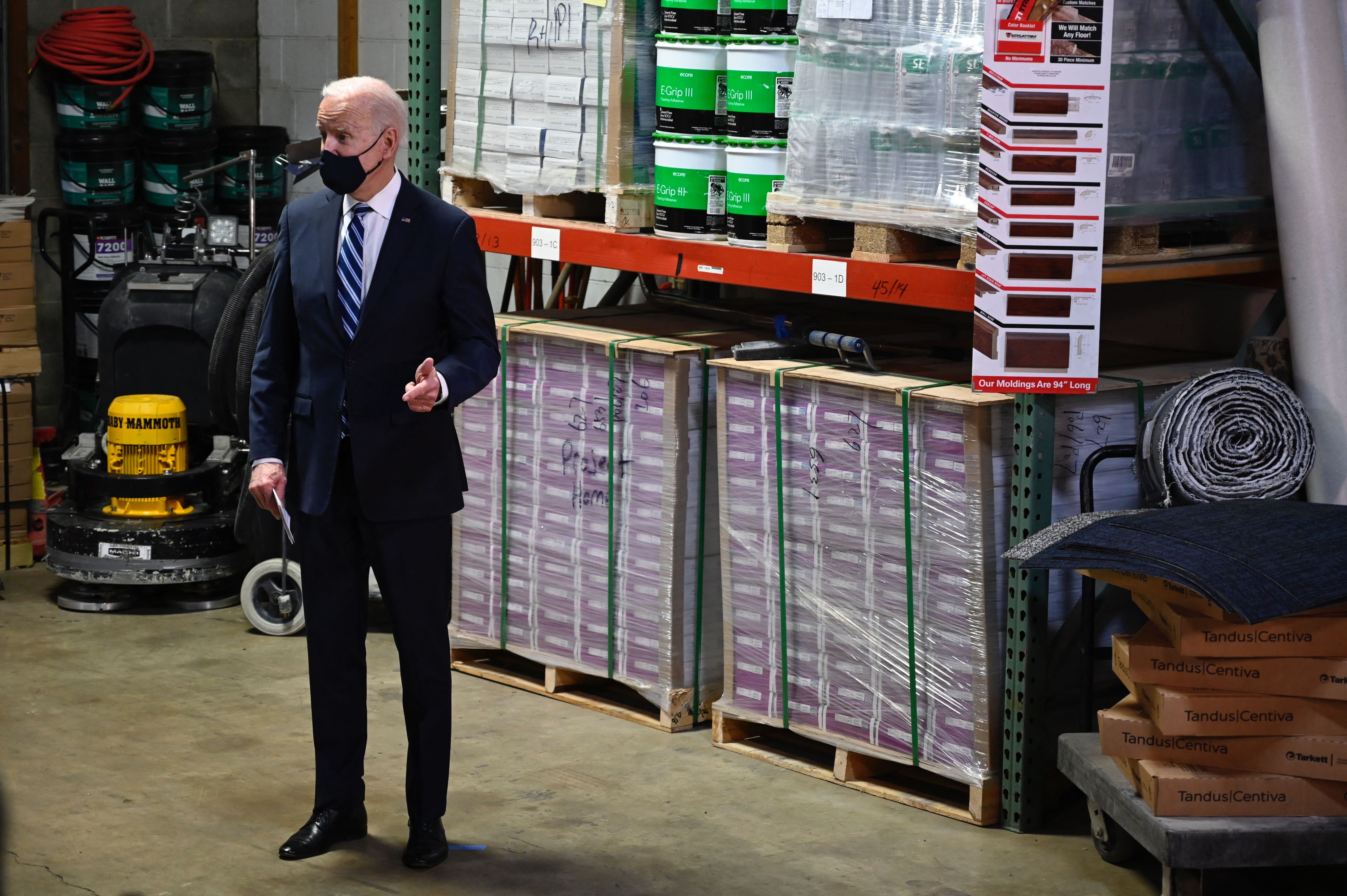The third round of coronavirus stimulus checks have begun arriving in Americans bank accounts.
Tens of millions of people are due to receive the payments via direct deposit on Wednesday. Of the estimated 160 million stimulus checks to be issued, the vast majority will be sent by direct deposit, according to the Internal Revenue Service.
WATCH ANYTIME FOR FREE
>Stream NBC10 Boston news for free, 24/7, wherever you are. |
The checks are worth up to $1,400 per qualifying individual and each of his or her dependents, CNBC reports. To see how much you may qualify for, use this calculator from personal finance website Grow.
Get updates on what's happening in Boston to your inbox. Sign up for our >News Headlines newsletter.
Taxpayers who have provided bank information with the IRS will receive the direct-deposit payments, while others will get paper checks or debit cards mailed to them.
Officials said in the interest of speeding up the relief payments, the IRS will use the latest tax return available, either the 2019 return filed last year or the 2020 return that is due by April 15.
If a person's job situation changed last year because of the pandemic, which led to millions of people losing jobs or being forced to work reduced hours, officials said that the IRS will adjust the size of the new impact payments after the 2020 return has been filed and provide a supplemental payment if that is called for. Officials said those adjustments will be made automatically by the IRS for people who have already filed their 2020 returns.
Coronavirus Relief Coverage
Officials said they wanted to handle the payments this way rather than waiting for the 2020 tax return to be filed in the interest of speeding payments to taxpayers.
Taxpayers can track the status of their payments using the IRS's Get My Payment tool.
President Joe Biden signed the $1.9 trillion coronavirus relief bill on March 11, triggering the release of the stimulus payments. It also extends the $300 weekly emergency unemployment benefits into early September and expands tax credits over the next year for children, child care and family leave, plus spending for renters, food programs and people’s utility bills.



